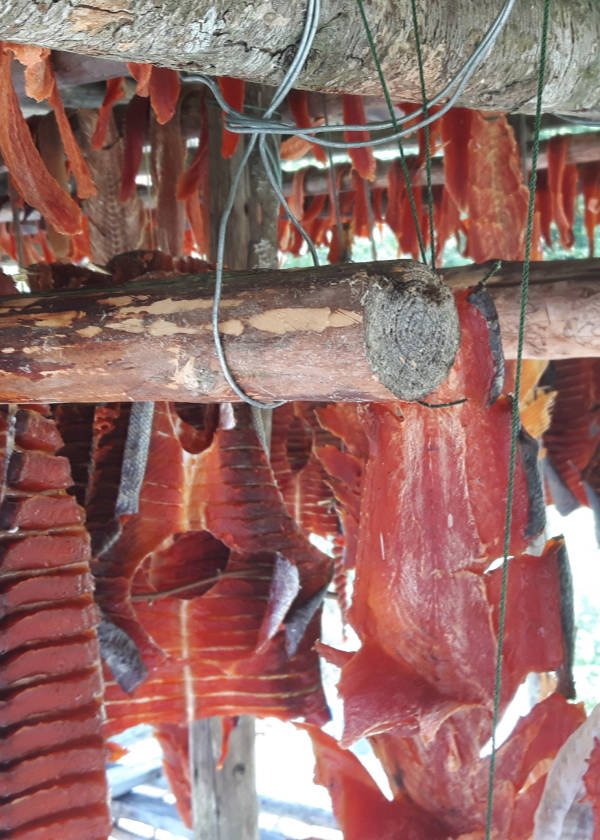Aquatic resources are essential to First Nations
Since time immemorial, First Nations in BC have relied on fisheries and aquatic resources as integral to the cultures and well-being of their communities. They’ve always honoured, protected, harvested, and managed aquatic resources in line with their inherent rights, Indigenous knowledge, and traditional laws. Fisheries have formed the basis of economies for many Nations, first through trade with other Nations and early settlers, and later through commercial activities. Fishing and related activities are also essential to the social fabric of many communities, as inter-generational knowledge sharing and experiences on the lands and waters strengthen family and community relationships.
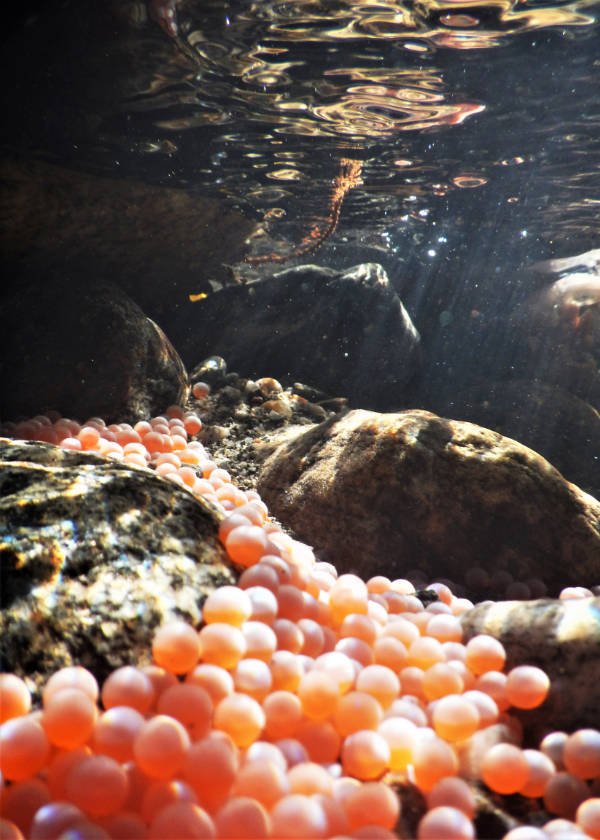
Impacts on fish stocks and habitats have affected First Nations
Impacts such as climate change, increasing fishing pressure, industrial development, and extractive resource activities have weakened ecosystem health and led to major declines in fish populations throughout BC. This has limited First Nations’ ability to practice their inherent and constitutional rights and responsibilities to harvest, manage, and protect fisheries and aquatic resources.
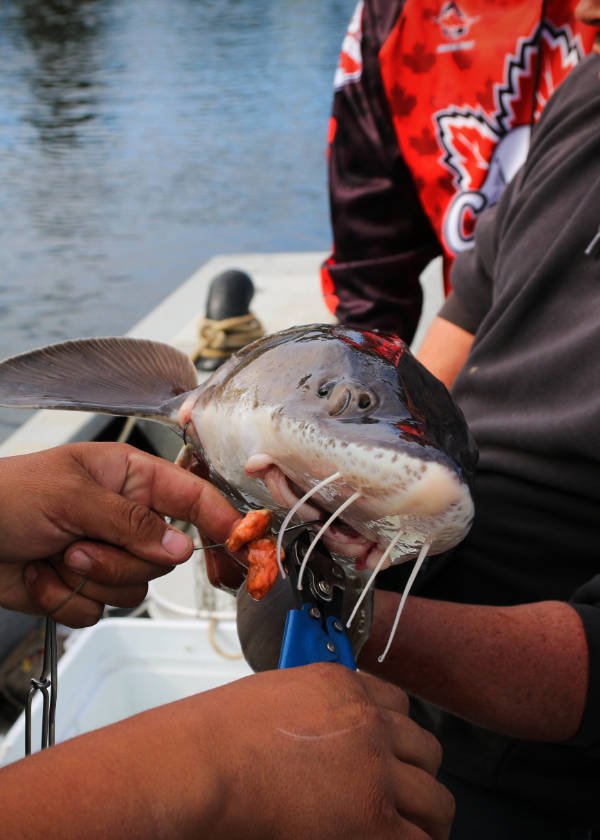
Stronger together: Collaborating to improve fisheries management and sustainability
Addressing fisheries and aquatic resource issues is a complex task that involves legal, political, technical, and economic factors, and requires participation from multiple parties including First Nations, federal and provincial governments, industry, non-governmental organizations, and other stakeholders.
Through the BC First Nations Fisheries Action Plan, First Nations have directed. FNFC to build structures, processes, partnerships, and capacity that support meaningful First Nations engagement on fisheries and aquatic resource matters of province-wide interest.
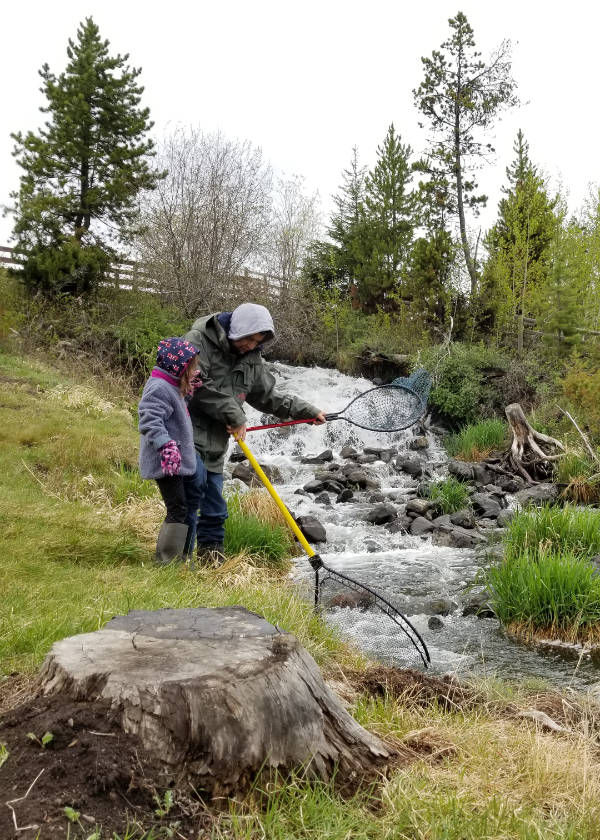
Government commitments
In recent years, the Government of Canada and the Government of BC have expressed commitments to reconciliation with Indigenous Peoples and renewed government-to-government relationships based on recognition of rights, respect, co-operation, and partnership. Moving forward, BC’s and Canada’s approaches to reconciliation must be informed through the implementation of the United Nations Declaration on the Rights of Indigenous Peoples (UNDRIP) and the Truth and Reconciliation Commission Calls to Action.
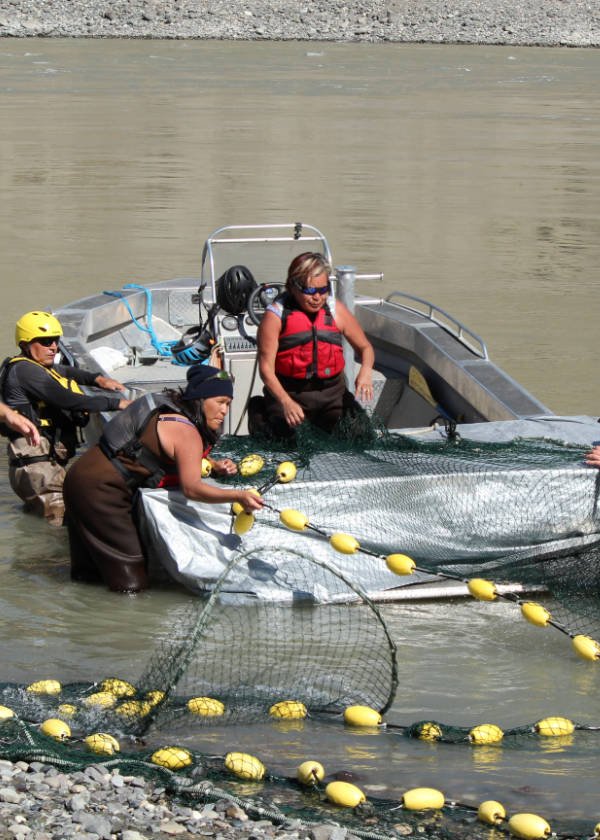
First Nations vision
With recent commitments from provincial and federal governments, First Nations and FNFC are optimistic about reconciliation in fisheries and about the meaningful changes First Nations in BC may achieve by working together. True reconciliation must acknowledge that for nearly 150 years, Crown legislation and policies have stripped First Nations of their ability to govern and manage fisheries, and severely restricted their access to the aquatic resources on which they depend. First Nations in BC have expressed that their vision of reconciliation in the context fisheries includes:
- respect for their jurisdiction and authority over their territories and aquatic resources
- full restoration of their deep connections and integrated relationships with fisheries and aquatic ecosystems
- equal participation in the governance and management of lands, waters and resources;
- the ability to enjoy without restriction the full values and benefits of aquatic resources, now and into the future
